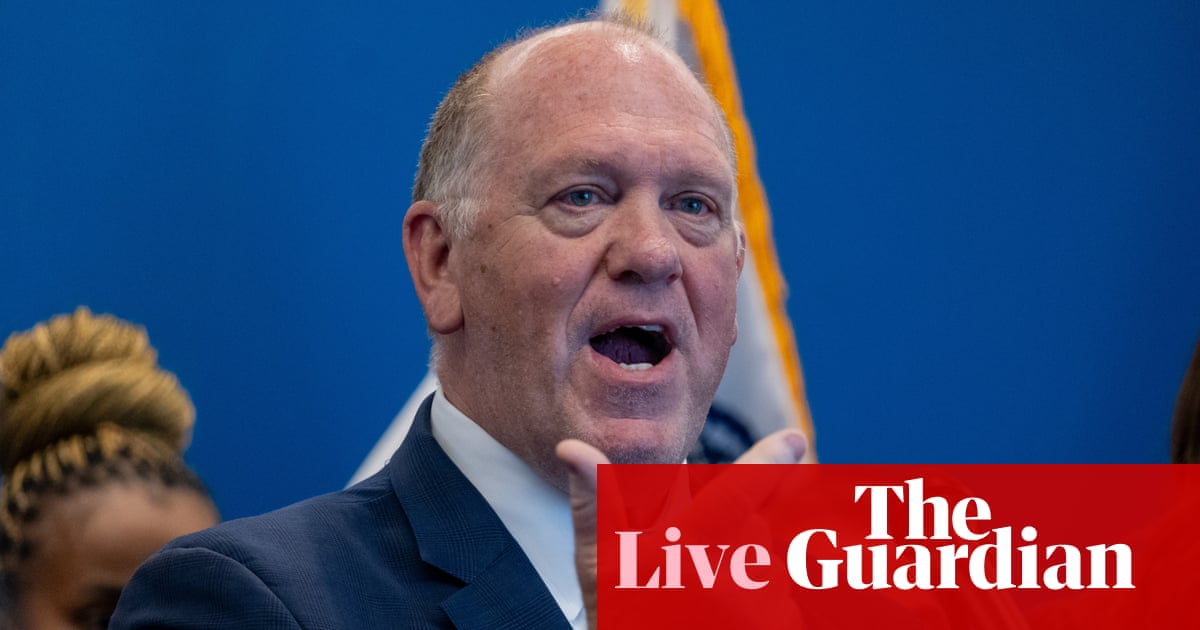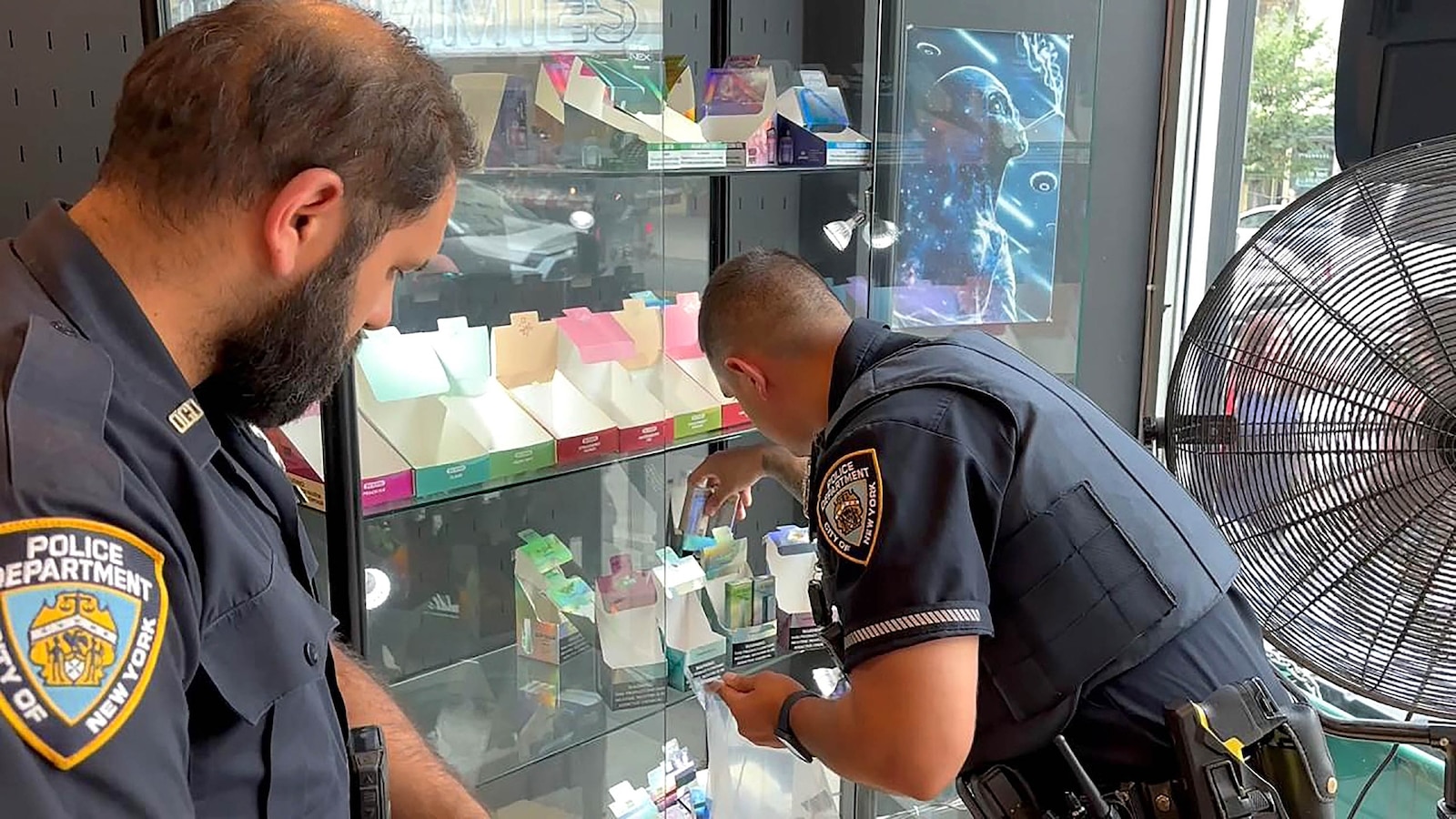T4K3.news
New law targets illegal immigration ads on social media
The UK proposes a law to criminalize social media promotions for illegal crossings.

A new UK law will punish social media ads that promote illegal immigration.
New law targets social media adverts for illegal crossings
A proposed law in the UK aims to criminalize the promotion of illegal immigration services on social media, carrying a prison sentence of up to five years. This legislation will target individuals advertising fake passports, visas, or illegal job opportunities. Policing minister Diana Johnson highlighted that this law would have extra-territorial reach, allowing UK authorities to act against offenders who post such content from abroad. Home Secretary Yvette Cooper condemned these ads as immoral, asserting that they lead migrants into dangerous situations. The UK National Crime Agency has already removed over 8,000 posts linked to organized immigration crime this year and will use this new law to further disrupt people-smuggling operations.
Key Takeaways
"Selling the false promise of a safe journey to the UK is nothing short of immoral."
Home Secretary Yvette Cooper stresses the ethical concerns of promoting illegal crossings.
"We are determined to do everything we can to stop them."
Cooper emphasizes the government's resolve to combat people-smuggling gangs.
"This will give us more options to target gangs and their business models."
NCA director Rob Jones discusses the benefits of the proposed law for law enforcement.
"We will be working with authorities in other countries to close down these criminal gangs."
Policing minister Diane Johnson outlines plans for international cooperation against smugglers.
The introduction of this law reflects increasing concerns about the role of social media in facilitating illegal immigration. By targeting advertisements that offer bogus services, the government is sending a strong message about the seriousness of this issue. However, it may also raise debates about the balance between regulating content online and ensuring free expression. The law also highlights a broader trend of governments around the world grappling with the implications of social media on immigration and crime. While some may see this as a necessary move for public safety, others could view it as an overreach.
Highlights
- Targeting fake passport ads is a significant move in the fight against illegal immigration.
- The law underscores the government's commitment to halting people-smuggling operations.
- Promoting illegal crossings online may soon land offenders in prison.
- We will work globally to shut down this immoral business model.
Potential backlash over free speech concerns
The new law may raise issues regarding the balance between regulating harmful content and freedom of expression online, which could lead to public backlash.
As governments adapt to the changing landscape of immigration, the effectiveness of this law remains to be seen.
Enjoyed this? Let your friends know!
Related News

New law will ban social media ads for small boat crossings

UK introduces new law against online smuggling promotions

Trump administration increases immigration enforcement in sanctuary cities

Adriana Gallardo builds $300 million insurance empire

Greece implements strict immigration law amid growing crisis

New child safety rules enforced by Ofcom

Billion-dollar Nvidia AI chips smuggled to China

Jess Carter subjected to online abuse during Euro 2025
